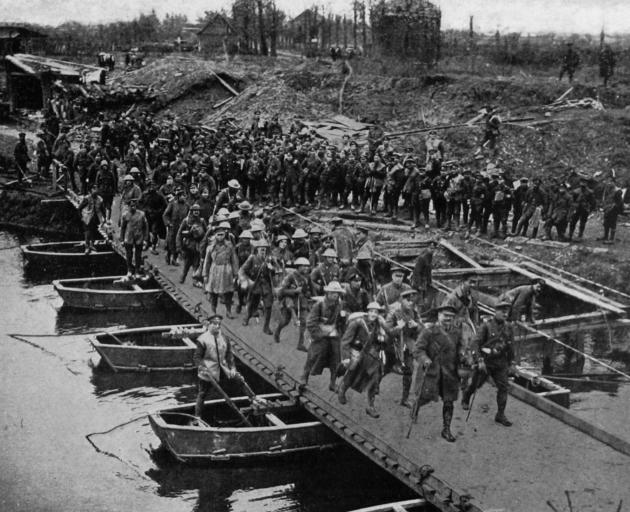
Mr Armstrong made another important point when he remarked that it has taken nearly 100 full-time dentists and a small army of mechanics, besides unlimited private workers, to make the men of the First Division dentally fit, and he was on safe ground when he argued that the reform which is thus shown to be needed in the matter of care of the teeth must be commenced in the primary schools. The principle of the dental inspection of all primary school children is one with which we have always been in full accord. The importance of dental hygiene as a preventive of disease is one which cannot be too strongly emphasised.
Obviously simple inspection of children's teeth does not go far enough. There must also be some provision for prompt and adequate treatment. Mr Armstrong would make not inspection only but treatment also a part and parcel of the system of free compulsory and secular education already provided by the State. The expenditure which would be entailed in consequence would doubtless prove in the end to be a good investment. But, logically, the provision of free dental treatment for school children must be accompanied by the free treatment of other of the ailments to which child life is subject and ultimately to the entire assumption by the State of the care of the child. This raises the question of the point to which the parent should be relieved of responsibility for the welfare of the child. Nevertheless, the evils upon which Mr Armstrong so forcibly laid stress are undeniably serious.
Tb patient segregated
Dr Blackmore, director of the Christchurch tuberculosis institutions, reported to the Hospital Board last week that a man was admitted into the Coronation Hospital on September 17, by order of Dr Chesson, under the powers vested in him by the Public Health Act.
This was the first time in New Zealand (Dr Blackmore believed) that a consumptive had been compulsorily segregated. It appeared to denote the initiation of a new policy with regard to the campaign against consumption on the part of the Public Health Department, and as it was likely to have very far-reaching effects, he reported the matter for the board's information.
The man died within 48 hours of his admission.
Ngaruahoe erupting
The correspondent of the New Zealand Herald at Waimarino reports that, though heavy rain has obscured Ngaruahoe since Saturday, frequent detonations indicate that the mountain is still in a state of great activity. Earth tremors are frequent, and at times a strong smell of sulphur is noticeable.
A warder at the main camp on the Prisons Department's road construction works states that early yesterday morning, though the summit of the volcano was hidden, large volumes of black smoke were visible for a few moments, rising to a great height.. - ODT, 1.11.1917.












